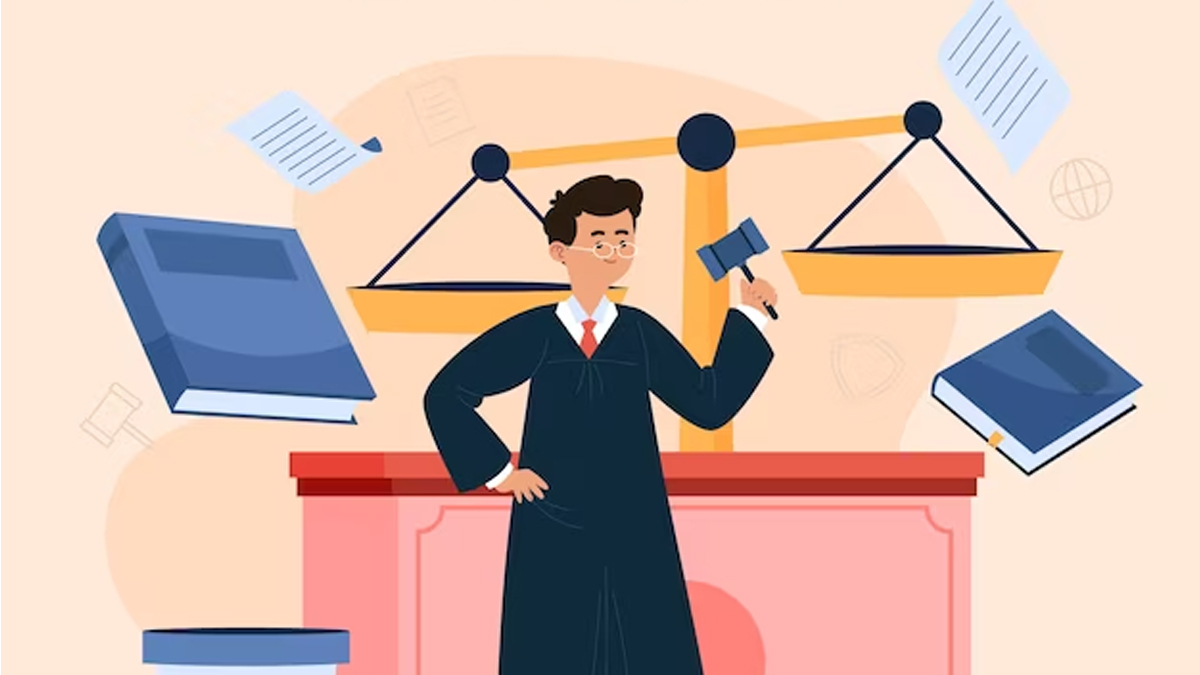Key Points
The HC’s decision stemmed from an appeal under the Motor Vehicles Act, seeking increased compensation for appellant K Shyla.
The Central government’s notification set speed limits at 120 km/hr on expressways, 100 km/hr on national highways, and 60 km/hr for M1 category vehicles.
Reasons for Quashing the Notification
Former Justice N Kirubakaran and Justice TV Tamilselvi (now retired) observed that overspeeding is a primary cause of accidents, resulting in numerous fatalities. Despite awareness of this fact, the government raised the speed limit for various reasons, including commercial considerations, leading to an increase in deaths. Consequently, the court nullified the notification.
Road Accidents in India
A 2020 report from the Ministry of Road Transport and Highways revealed that six two-wheeler riders perish every hour in India, with overspeeding being a significant contributing factor.
Preventing Deaths
The HC emphasized the government’s responsibility to direct two-wheeler manufacturers to install speed governors during the manufacturing stage. This measure would control vehicle speed, potentially preventing deaths and reducing accidents.
Factors Contributing to Increased Accidents
Another factor identified for the surge in accidents is the overspeeding tendency of imported vehicles not designed or manufactured for Indian conditions. Imported vehicles often come equipped with high-speed engines, prompting the suggestion to calibrate them to adhere to speed limits prescribed in India.
